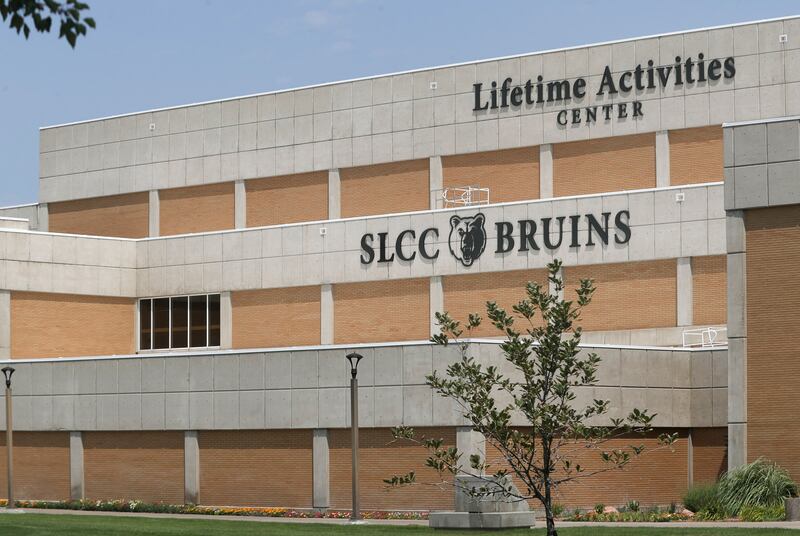When Sophia Gaona started attending Salt Lake Community College (SLCC), she worked full time in a fast-food restaurant, took classes at night and did her homework on her cell phone. Imagine writing an essay on your cell phone at 1 a.m.
No one in Sophia’s family had ever gone to college. In high school, she went back and forth, asking herself, “should I do it (go to college), or don’t?”
Sophia decided to do it, but she realized she’d be on her own. Her motivation? A dream to become a social worker but also to show friends and family that there is another path after high school. “For us, it’s not just about knowing you want to go to college but knowing how to do it.”
SLCC helped Sophia figure out how to “do it.” Partway through her first year, she discovered the resources and financial support available at SLCC. She received a presidential scholarship, began working on campus and became involved in multiple clubs.
There are many students like Sophia at SLCC. More than half are the first in their families to attend college, and more than 80% work while going to school. These young people often help to care for siblings and contribute financially to their families. The emotional and psychological toll to figure out, on their own, how to make college happen, plus the pressure to uplift their families, is a lot.
SLCC’s early involvement in middle and high schools opens doors to many of these kids. The college connects students with scholarships and provides the guidance and mentoring their parents might not be able to offer. This is especially evident in the college’s flourishing PACE Scholarship Program which is active in five Salt Lake County high schools.
SLCC helps students understand that college is possible for them. As Utah’s largest open-access college, we rely on private donations to offer scholarships and safety-net programs that often keep students in school. Besides scholarships, SLCC provides child care vouchers, medical help, mental health counseling and a full-service pantry for students experiencing food insecurity.
The college also has a Students-in-Crisis Fund, which launched in 2020 as a way to address the economic turmoil seen during the onset of the pandemic. The college soon discovered that, pandemic or not, many students required assistance in meeting basic needs. As a result, the college has maintained this fund to help struggling students pay for housing, utilities, food and other critical needs.
The pandemic also revealed that the gap between those who have and those who do not have has widened, resulting in more pressure for many of our students.
Sophia remembers this stress from the pandemic’s early days, but her SLCC scholarship allows her to work fewer hours and make car payments so she can drive to her classes and help take her younger brother to and from high school.
On those drives, she is persuading him that college is indeed attainable. She tells him about the resources and opportunities at SLCC. “I will show you how,” she says. “This is one step that will help our family. You can do this.”
As former students and as members of SLCC’s Alumni Leadership Council and Foundation Board, we have seen firsthand the positive role SLCC plays in transforming lives.
Please consider supporting SLCC so we can help more students like Sophia pursue a brighter future. While the college has an annual Giving Day, Feb. 17, we are always looking to partner with anyone at any time to help our remarkable students reach their dreams. We hope you will join us!
Silvia Castro, class of 1996, is the Alumni Leadership Council representative on the SLCC Board of Trustees. She is the Executive Director of the Suazo Business Center, a Utah non-profit focused on economic mobility for the minority community. She has more than 20 years’ experience working with non-profit, government and for-profit organizations.
Bryce Whittaker, class of 2001, is Chair of SLCC’s Alumni Leadership Council. He is Senior Director, Global Digital Strategy at APCO Worldwide.

